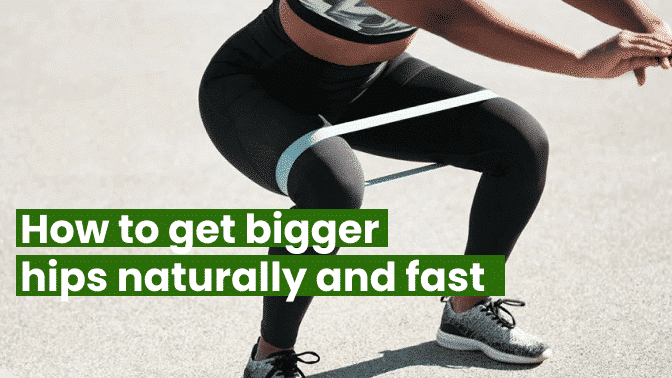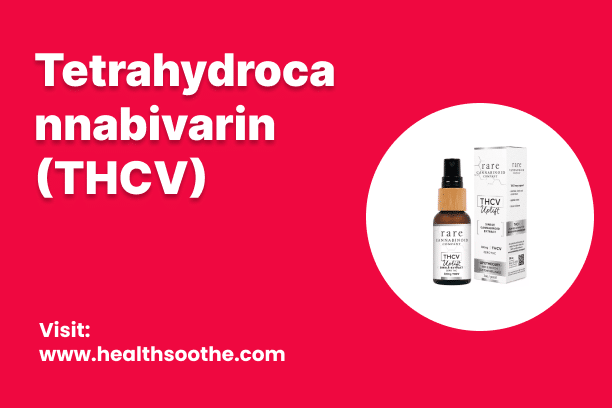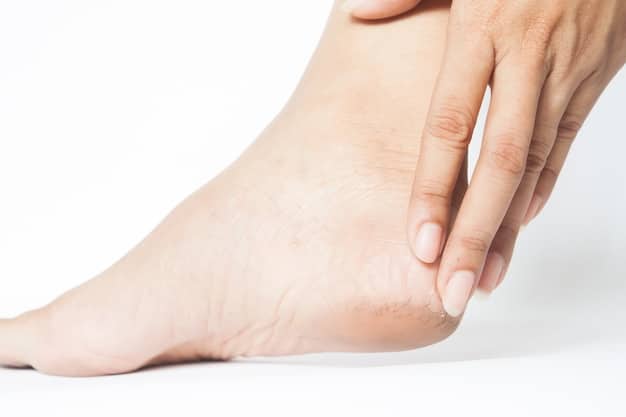Many people, particularly women, desire to have a curvy figure with bigger hips. While genetics plays a role in determining body shape, there are natural and fast ways to increase the size of your hips. Here are some tips on how to get bigger hips naturally and fast.
- Work out your hips Exercise is an essential aspect of getting bigger hips: Doing exercises that target your hips and glutes, such as squats, lunges, and hip thrusts can help build muscle in your hip area, making them look more prominent. Incorporate weightlifting and resistance training into your workout routine to get faster results.
- Eat a balanced diet Your diet plays a crucial role in determining the size of your hips: Eat a balanced diet rich in protein, healthy fats, and complex carbohydrates to build muscle and promote growth. Include foods such as lean meat, fish, nuts, seeds, fruits, vegetables, and whole grains in your diet. Avoid processed and sugary foods that can lead to weight gain in other parts of your body.
- Stay hydrated Drinking plenty of water is crucial in promoting muscle growth and reducing bloating: Aim to drink at least 8-10 glasses of water daily to keep your body hydrated and flush out toxins that can hinder your progress.
- Use natural supplements There are natural supplements such as maca root and fenugreek that can help boost your hip size: These supplements work by increasing estrogen levels in the body, which stimulates the growth of fat cells in the hip area. Always consult your doctor before taking any supplements.
- Wear clothes that flatter your figure Wearing clothes that flatter your figure can help create the illusion of wider hips: Choose clothing that accentuates your curves, such as high-waisted pants, skirts, and dresses. Avoid wearing loose-fitting clothing that can make your hips look smaller.
- Get enough rest Rest is essential in promoting muscle growth and recovery. Aim to get at least 7-8 hours of sleep each night to give your body enough time to repair and grow.
Read Also: African Foods That Make Your Bum Bigger; A detailed View.
At what ages do hips grow faster
Hip growth typically occurs during puberty, which is a period of rapid growth and development. Girls generally experience puberty between the ages of 8 and 13 years, while boys experience it between the ages of 9 and 14 years. During this time, the body undergoes significant hormonal changes, including an increase in estrogen levels in girls, which stimulates the development of female secondary sexual characteristics, such as wider hips.
In girls, the most significant hip growth occurs between the ages of 9 and 15 years, with the peak growth rate occurring at around 12 years of age. After puberty, hip growth slows down, and the hips generally reach their full width by the age of 18-19 years.
While genetics plays a significant role in determining hip size, lifestyle factors such as diet and exercise can also impact hip growth during puberty. Eating a healthy diet and engaging in regular physical activity can help ensure healthy growth and development during this critical period.
It is important to note that not all individuals experience the same rate of growth and development during puberty. If you are concerned about your hip size or growth, it is best to speak with a healthcare provider or a specialist in adolescent medicine.
What causes hips dips
Hips dips, also known as violin hips or high hip dips, refer to the inward curve that can be seen below the hip bone and above the thigh bone. This natural indentation is caused by the shape of the pelvis and the way the muscles and fat are distributed in the hip area. Several factors can contribute to hips dips, including:
- Pelvic bone structure: The shape of the pelvis can contribute to hip dips. Some individuals have a more pronounced dip due to the angle and width of their pelvic bones.
- Muscle development: The muscles around the hip area can also contribute to hip dips. Weakness or underdevelopment of the gluteus medius muscle, located on the side of the hip, can result in a more prominent hip dip.
- Body fat distribution: The distribution of body fat can also affect the appearance of hips dips. Individuals with a higher percentage of body fat may have less noticeable hip dips as the fat fills in the indentation.
- Genetics: Genetics plays a significant role in determining body shape and fat distribution, including the appearance of hips and dips.
While hip dips are a natural part of body shape and not a medical concern, some individuals may feel self-conscious about their appearance. Strengthening the muscles around the hip area through exercise, such as hip abductor exercises, can help minimize the appearance of hip dips. Additionally, choosing clothing that flatters your body shape, such as high-waisted pants and skirts, can help create a more balanced appearance.
The main reason for bigger hips
The size of hips is largely determined by genetics, and different people have different body shapes and proportions. However several factors cancan contribute to larger hip size, including:
- Hormonal factors: Hormonal imbalances can affect the distribution of fat in the body, and the female sex hormone estrogen has been shown to promote the accumulation of fat in the hip and thigh area. This is why women tend to have wider hips than men.
- Genetics: As mentioned earlier, genetics plays a significant role in determining body shape and fat distribution. Some individuals may have a genetic predisposition to wider hips.
- Diet and exercise: A healthy diet and regular exercise can help build muscle and reduce fat, which can help create a more defined and shapely hip area. However, the impact of diet and exercise on hip size may vary depending on genetics and other factors.
- Pregnancy: Pregnancy can also contribute to a larger hip size in women. During pregnancy, the body produces hormones that loosen the ligaments and joints in the pelvis to prepare for childbirth, which can lead to a more pronounced hip shape.
- Age: As we age, the distribution of body fat may shift, with more fat accumulating in the hip and thiareasrea. This can contribute to larger hip size.
It's important to note that a larger hip size is not necessarily better or healthier, and it's essential to embrace and love your body shape, regardless of its size or proportions.
Conclusion
Getting bigger hips naturally and fast requires a combination of diet, exercise, rest, and natural supplements. Consistency is key, and it may take time to see results. Consult with a fitness professional and a nutritionist to help create a tailored plan that works for you. With patience and dedication, you can achieve the curvy figure you desire.








